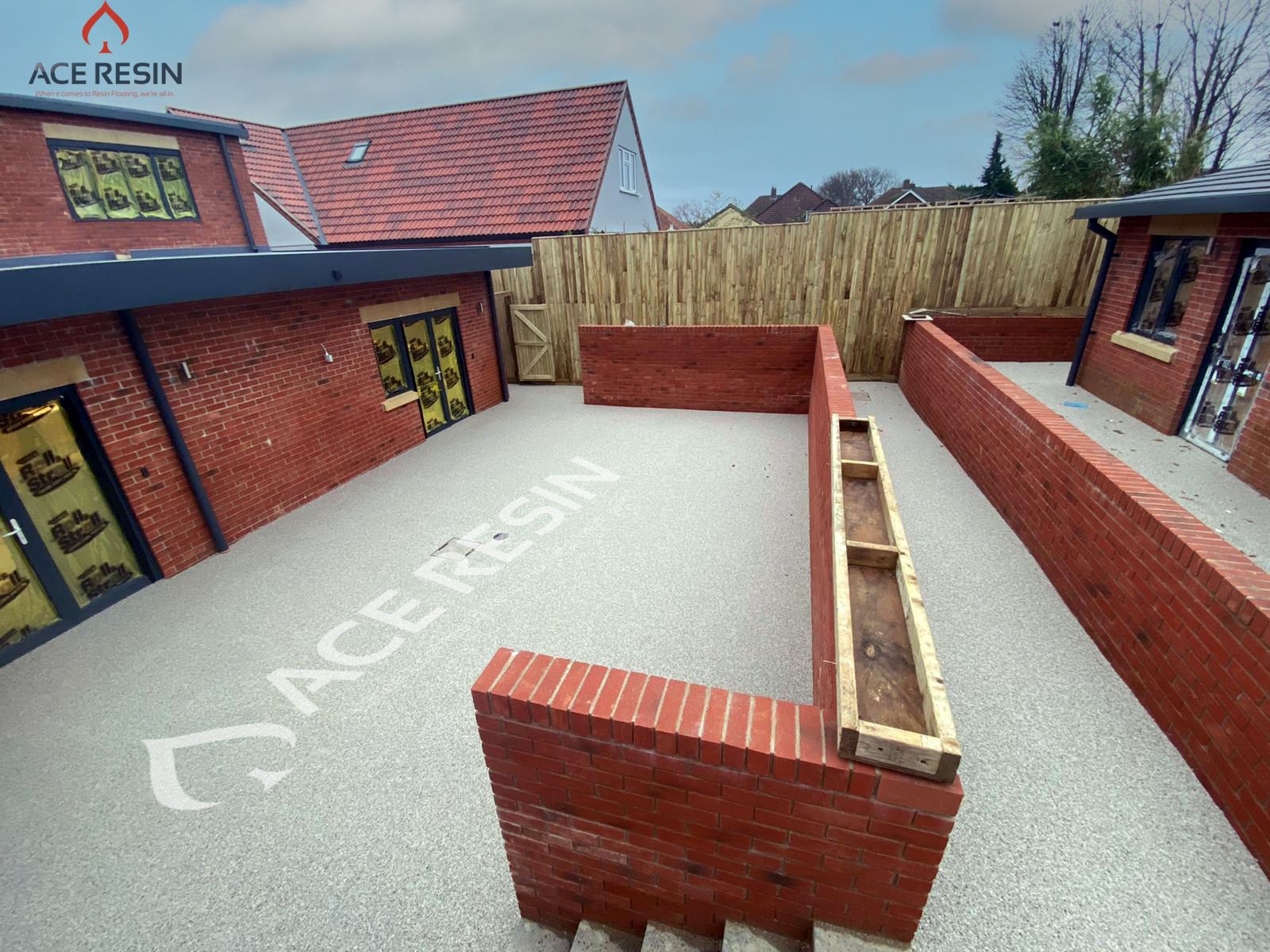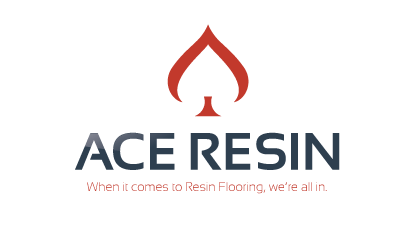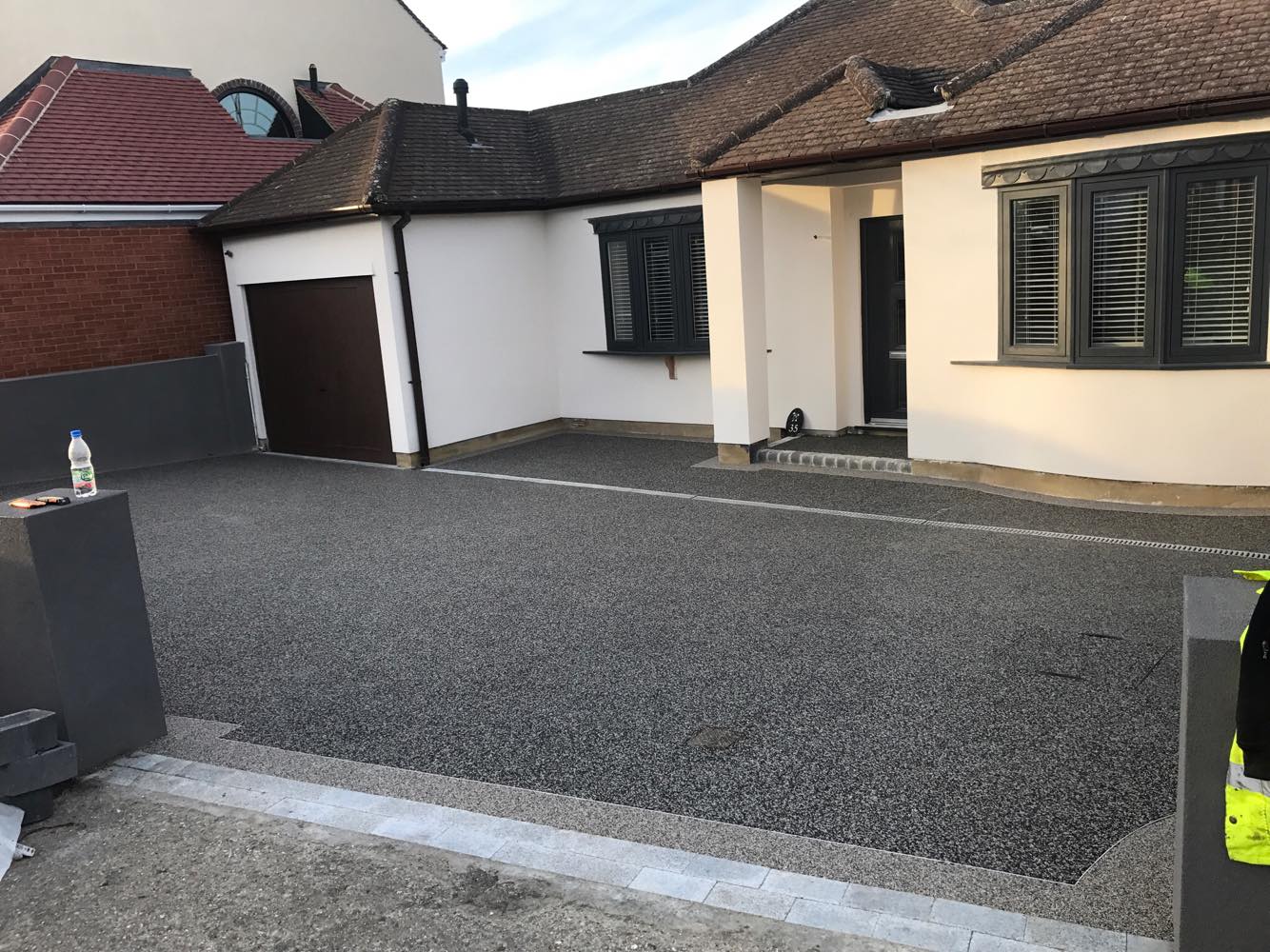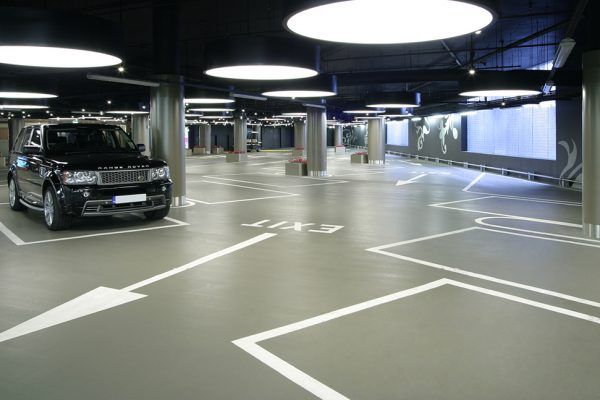Resin Patios And Pathways
At Ace Resin, we can supply a range of resin-bound surfacing including domestic and commercial patios and pathways.
Resin Driveways
Resin Pathways
Resin Patios
Get Your Free Quote
Complete the form below, call us now or email [email protected].
What is a Resin Bound Pathway?
Resin bound is a flooring system comprising natural or aggregate rubber and resin. This material is ideal for various surfaces including footpaths, driveways, commercial areas, patios and pathways.
Resin surfacing for pathways has become more popular over recent years and can be seen all over a range of housing estates, and commercial areas. The smooth, durable and porous surfacing makes it a perfect option for upgrading an existing patio or installing a new one.
More information on the benefits of Resin Pathway Installations.
Why Choose Ace Resin For Your Patio?
Our pathway resin comes in a variety of different styles and colours, enabling you the freedom to pick and choose the right design for you.
Ace Resin’s patios and pathways provide the following benefits:
SUD’s Compliant (Sustainable Urban Draining System) – Our resin pathways and patios are permeable to allow water drainage and avoid flooding, water pollution and other problems
Anti-Slip – The friction created by a resin pathway makes it much safer than other options, even in wet weather.
Low-Maintenance – There’s no need to worry about constantly weeding your resin path or patio as there are no cracks for them to appear through. The surface is also resistant to staining and colour changes.
Wheelchair Friendly – The flat and smooth nature of a resin pathway makes it an ideal choice for anyone in a wheelchair. The anti-slip properties also help in this respect.
Durable – Having mentioned their resistance to weeds, this also means that resin patios are long-lasting. Being easy to clean and maintain means your surface will last much longer compared to others.
UV Stable – A resin pathway will retain its colour even when suscepted to high levels of UV.
Aesthetically Pleasing – Resin can be installed to almost any design you desire, meaning you’ll be able to create something you love. The crisp and concise finish is also very pleasing on the eye.
It’s not just pathways…
Ace Resin also provide resin-bound surfacing for driveways, car parks, patio areas, playgrounds, and swimming pool surroundings.

Request a call Back
Uses
- Driveways
- Car Parks
- Foot Paths
- Patio Areas
- Play Grounds
- Swimming Pool Surrounds
- Pond Surrounds
Frequently Asked Questions
What’s the difference between a resin bound driveway and a resin bonded driveway?
Resin Bound
Resin bound is an eco-friendly, highly porous paving solution for ground surfacing. It is a choice of decorative aggregates mixed with specialist resins then hand trowelled to give a flat smooth surface suitable for driveways, paths and patios.
Resin Bonded
Resin bond is laid in a different manner to resin bound materials. It involves applying a layer of resin to the existing surface, which aggregates are then scattered in to the top of. This gives a non-porous surface, which has a coarser finish and leaves a certain amount of loose stone on the final surface.
How long will a resin bound driveway last?
A resin bound driveway is a strong and durable surface, that is resistant to weather conditions. Comparable products like Tarmac or Asphalt can soften in the summer heat and freeze in cold of winter, they will also be damaged by UV light. Resin is much more stable than these alternatives performing well year round in some of the UK’s worst weather. Our driveways come with a 10 year guarantee and can last to a good standard for 25+ years.
Can I lay a resin driveway over my existing driveway?
This depends on the type and condition of your existing driveway. However, it should be laid on an appropriate sub-base of either asphalt or concrete.
Do I need planning permission for a resin driveway?
If you have an existing driveway then planning permission will not be required. For any newly installed driveways or extensions planning permission is required for surfaces such as traditional block paving, flags and tarmac.
Committed to delivering 'best in class' quality






